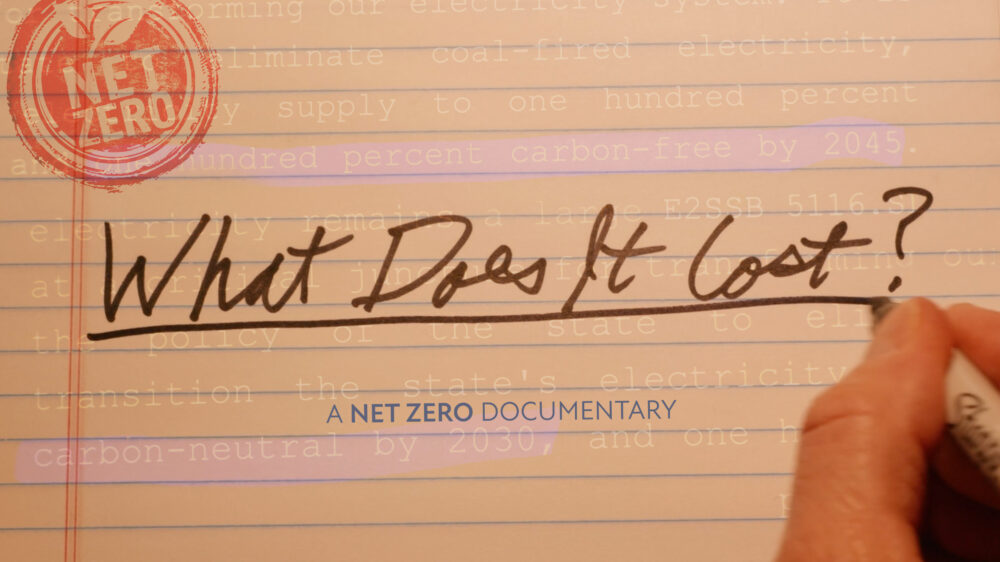
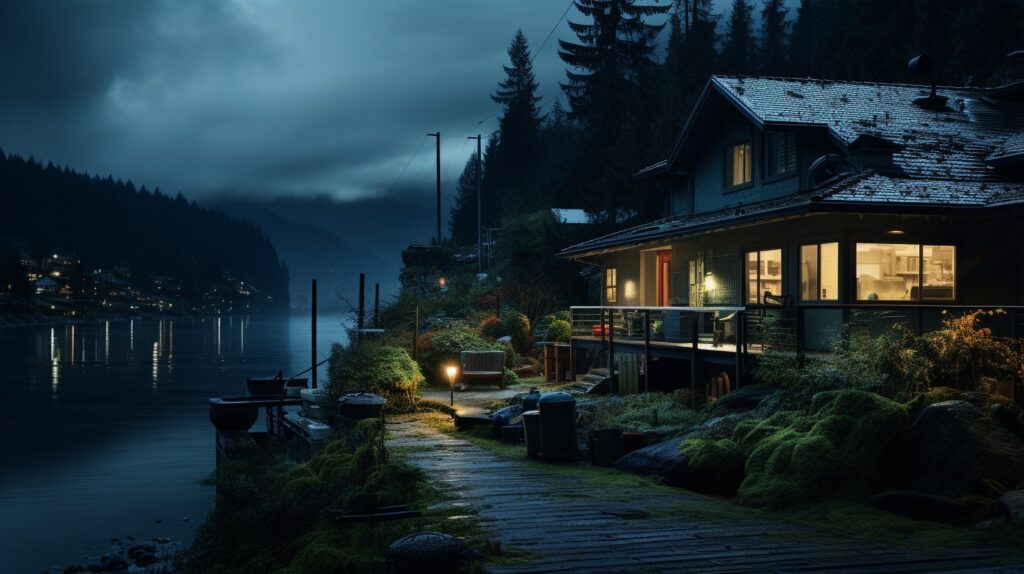
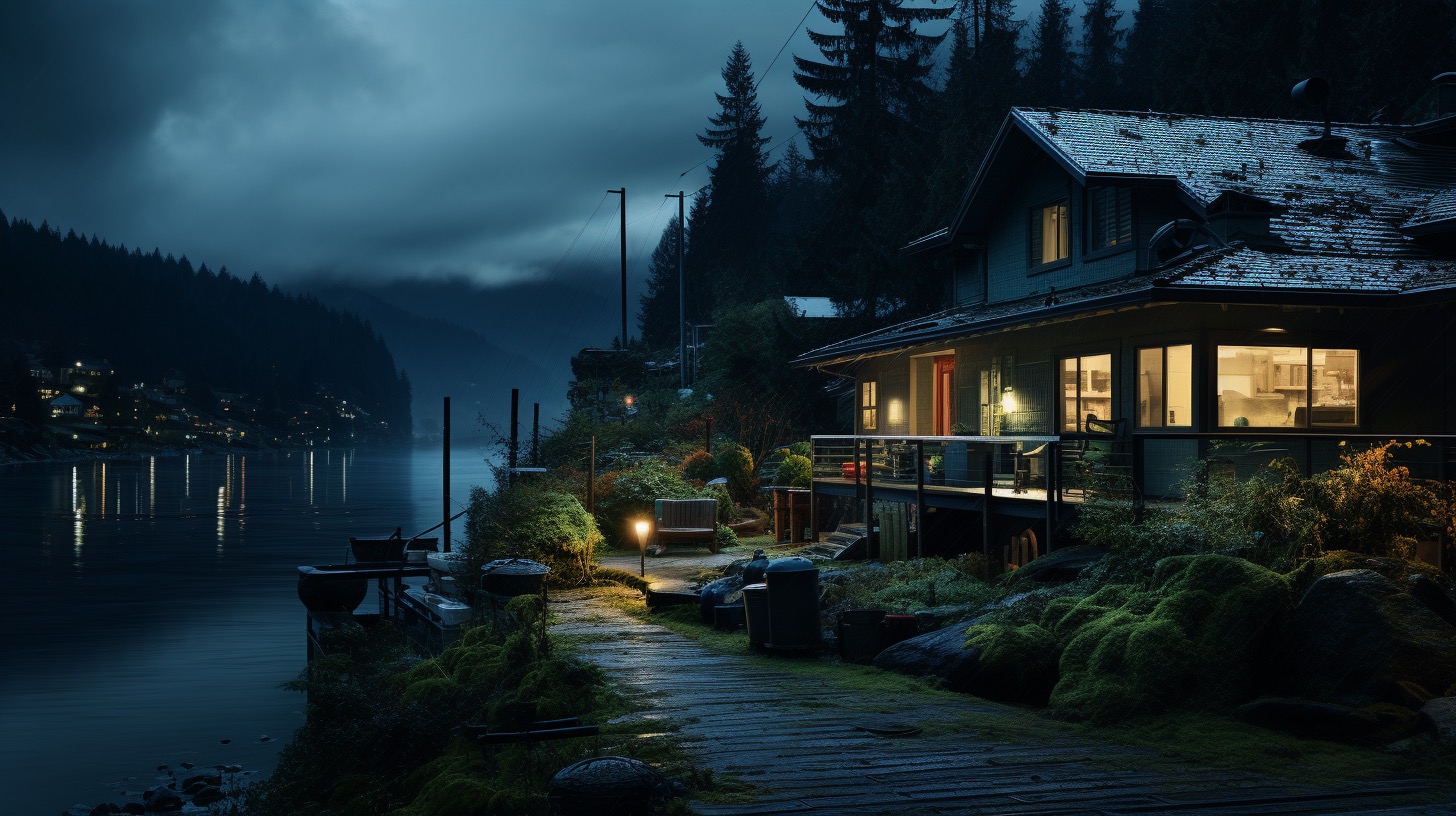
Report
The Crippling Costs
of Electrification and
Net Zero Energy Policies
in the Pacific Northwest
September 2024
Report
All Pain, No Gain
The Economic and Social
Consequences of Green
Energy Policies in the PNW
October 2023
Premiere: What Does it Cost?
The Consequences of the Net Zero Energy Agenda
Articles


Tom Steyer’s Affordable Energy Promises to California Are Unaffordable
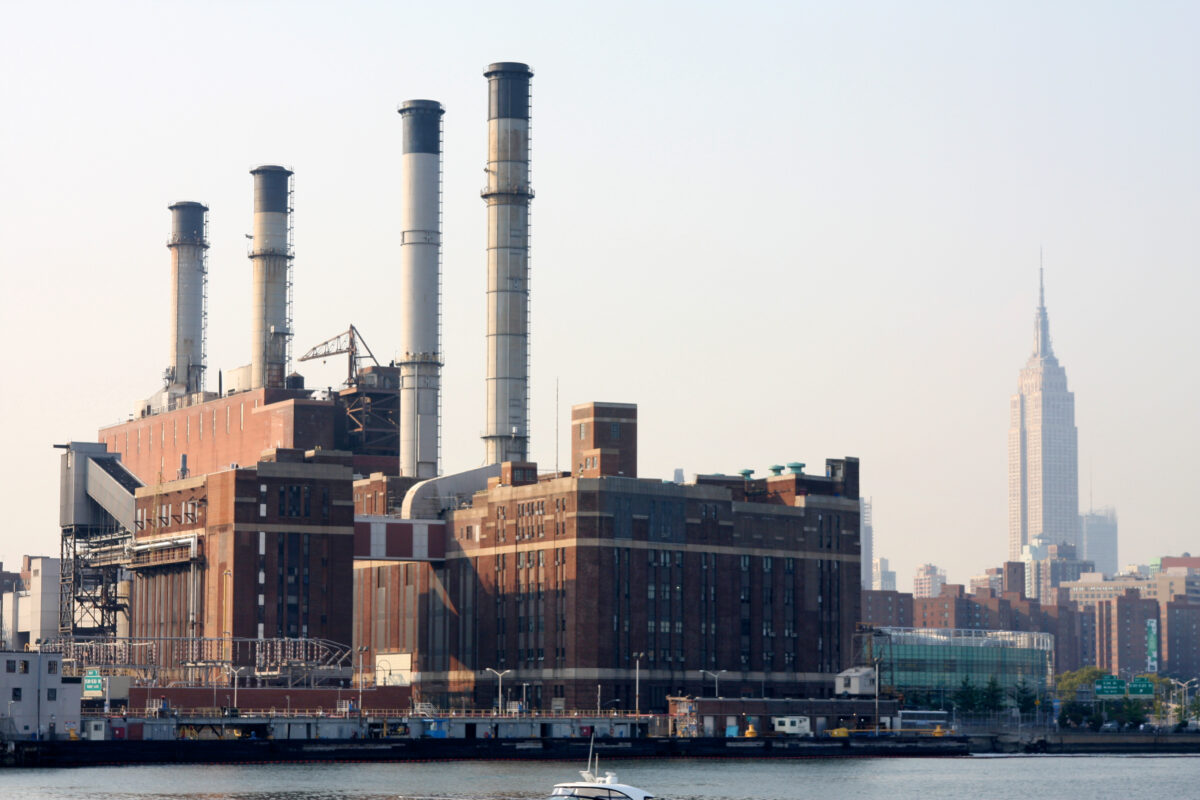
New York’s Green Energy Fantasy Continues

Yet Another Misleading Report on “Low-Cost” Wind and Solar
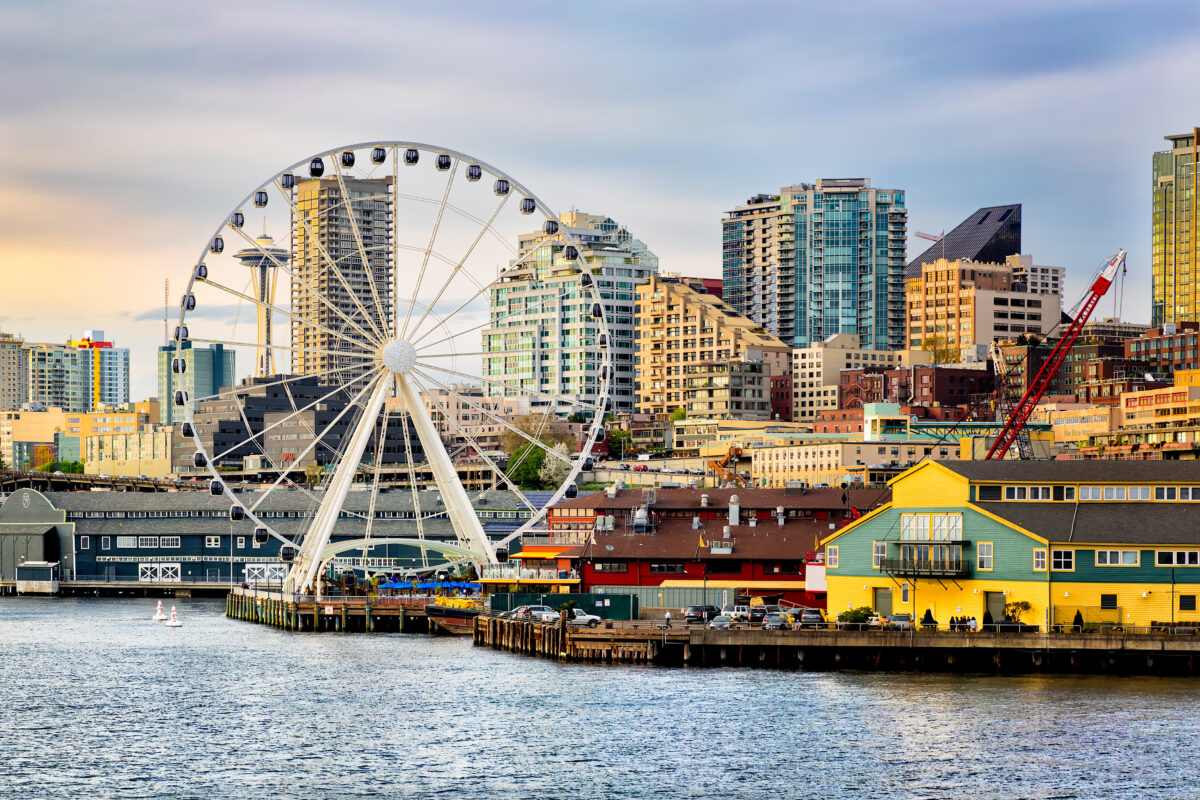
King County’s Strategic Climate Action Plan: Your Taxpayer Dollars Wasted
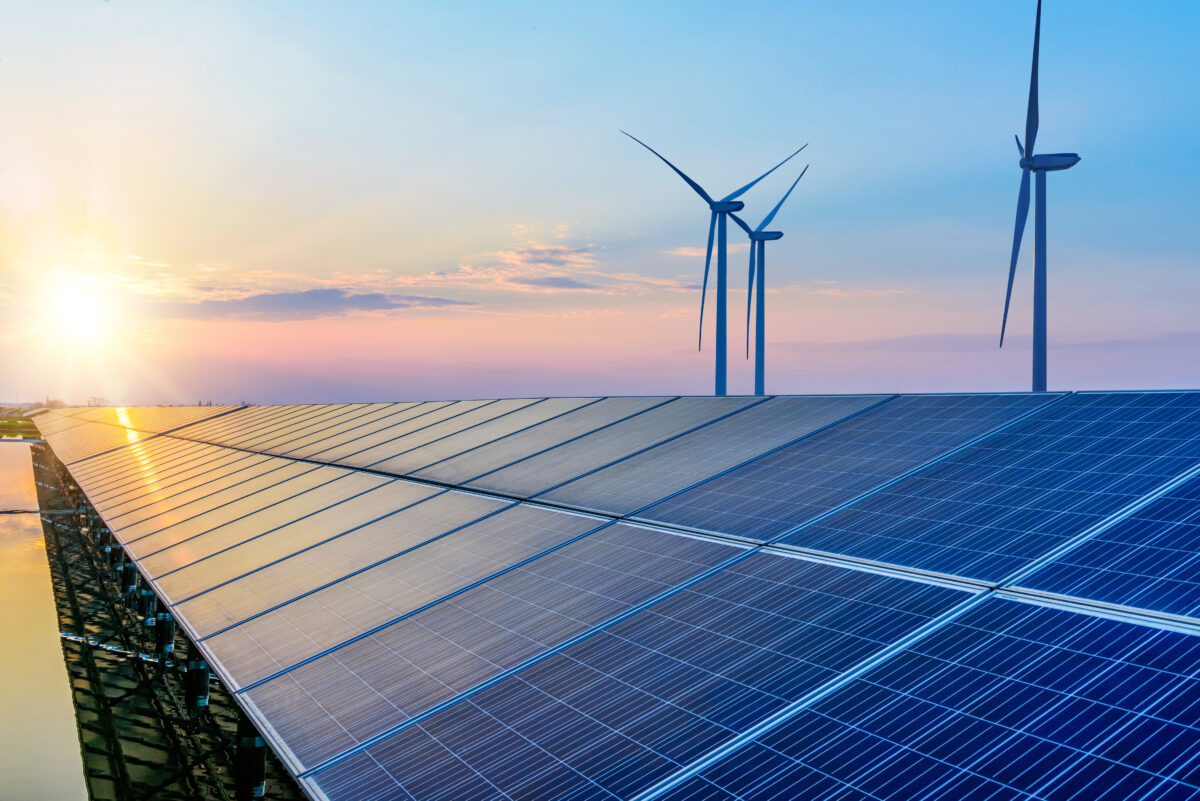
Donnelly: Study Sobering Look at Cost of Electrification

Ken Peterson Talks with Brandi Kruse About “What Does It Cost?” Documentary

Ken Peterson Talks Crippling Costs of Net Zero Energy on The Jason Rantz Show

Trump’s Budget Bill Cuts Off the Green-Energy Cash Spigot — And It’s About Time

The Social Cost of Carbon: A Flawed Measure for Energy Policy
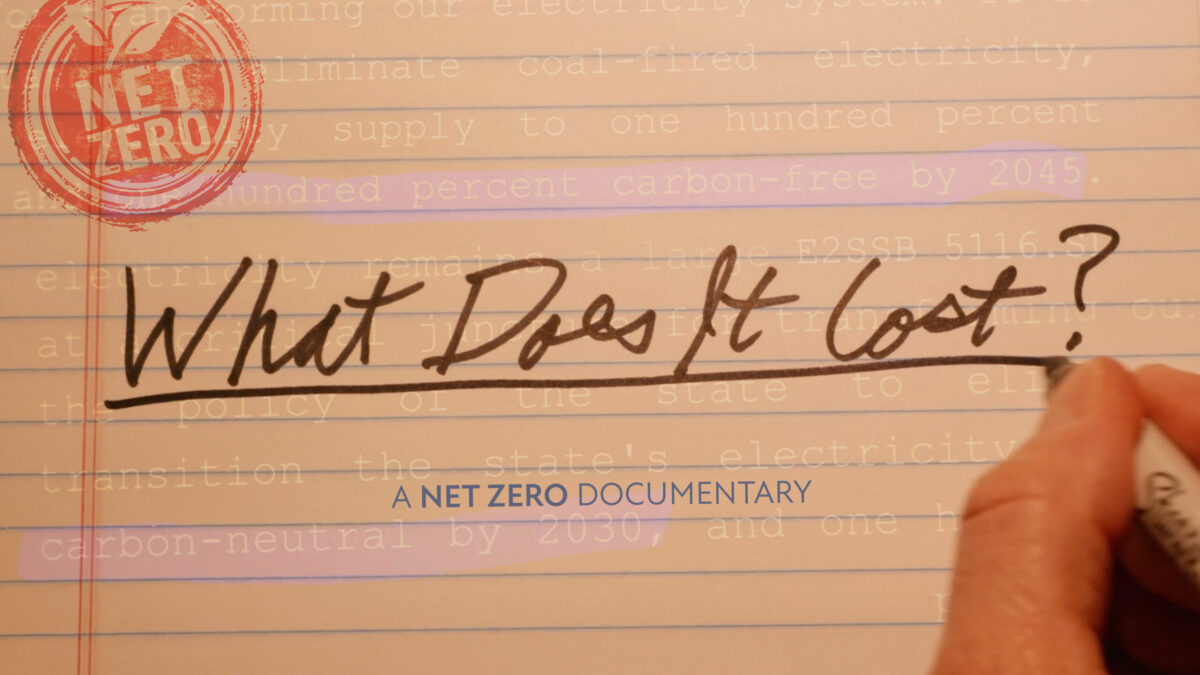
A New Documentary Exposes the Staggering Costs of Net Zero Energy Policies
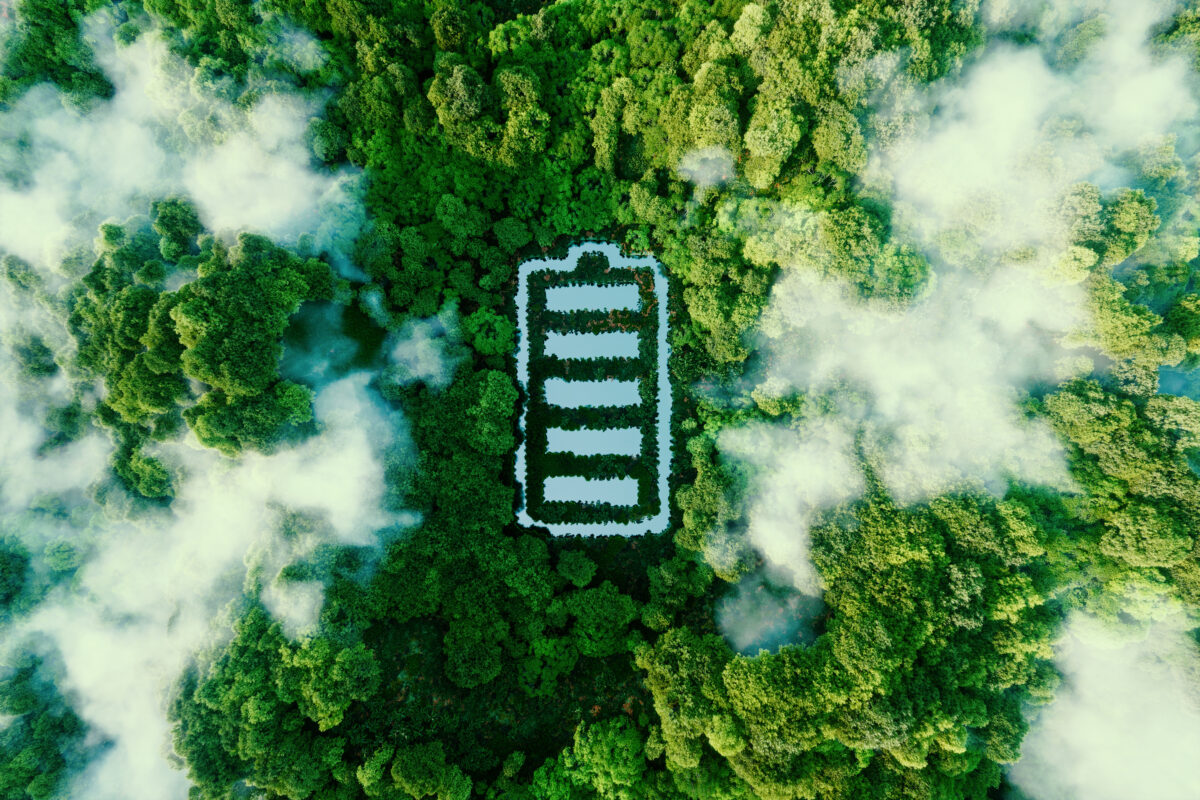
Wind, Solar, Batteries: The High Cost of Duplicative Energy
 Photo licensed via Adobe Stock
Photo licensed via Adobe Stockreasonable prices and policies
Energy prices in the Cascadia region are increasing. Jonathan Lesser, a Discovery Institute fellow, has researched the policies that are directly contributing to this onerous burden.

Energy Is Essential
Civilization has been built on using energy, from the hot coals of the blacksmith to the water powered turbines of Grand Coulee Dam, and the harnessing of the atom. Today, affordable, reliable, and plentiful energy correlates with the wealth and resilience of societies. The Pacific Northwest in particular has made use of its natural advantages with regard to low-cost hydroelectric power over the last 90 years. Now, ill-conceived energy policies rooted in irrational environmental hysteria are causing prices to increase rapidly. If that trend continues unabated, more will be driven into energy poverty, as energy becomes unaffordable, businesses will shutter, and jobs will be lost.
 Photo licensed via Adobe Stock
Photo licensed via Adobe Stock
Nature is Bountiful
We are entrusted by nature’s God and bound by each other and future generations with the wise use and preservation of the natural beauty and abundance in the Cascadia region. Human impact on the environment is not necessarily evil. The flourishing of humans and of our natural habitat are tightly intertwined and require wise stewardship and balance. Indeed, bountiful energy enables humans to cultivate and rejuvenate our flora and fauna.
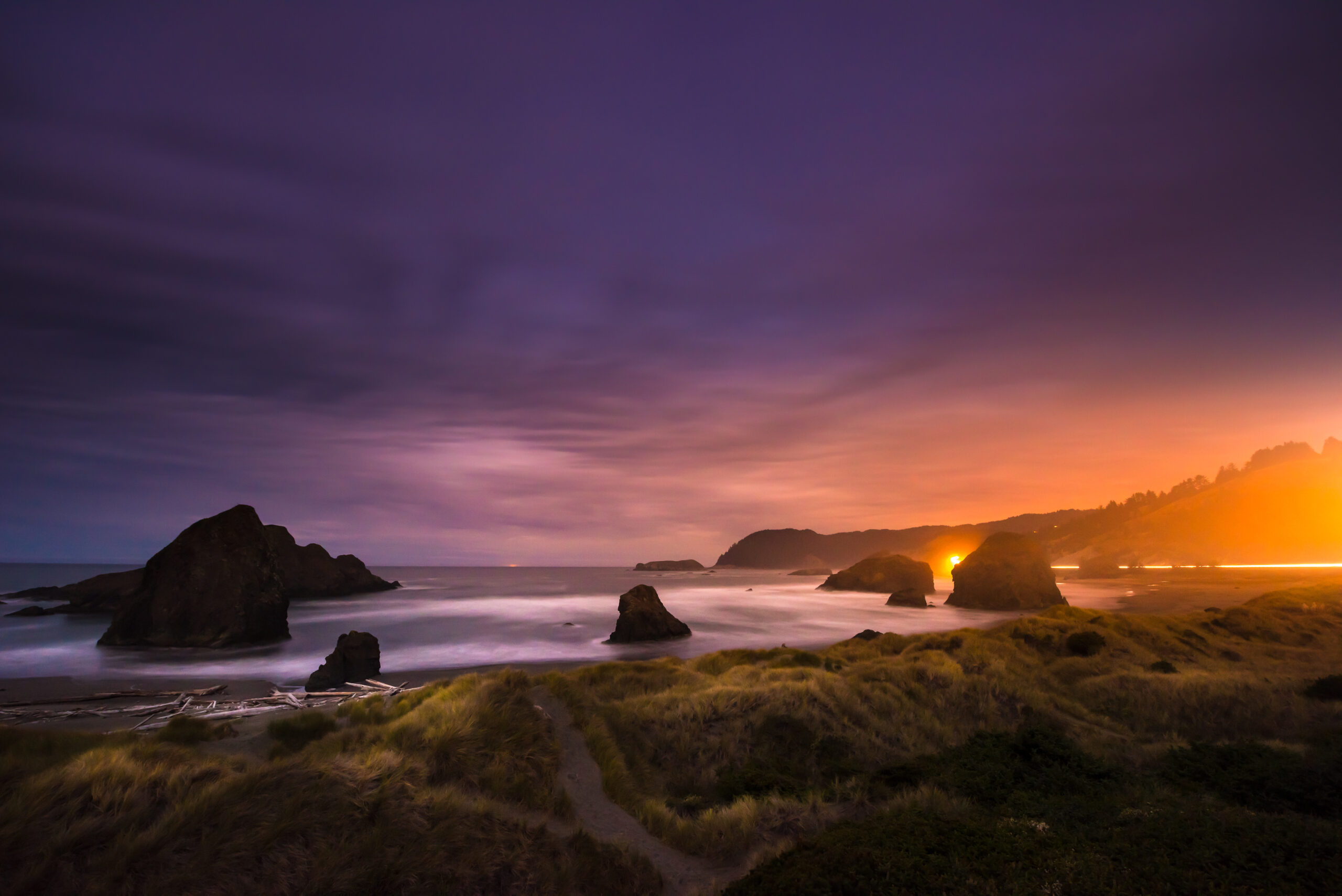

research
Why are energy prices increasing and what are government and private parties doing in this environment? How are they debilitating human progress and increasing poverty instead of liberating people for creative work and innovation?
 Photo licensed via Adobe Stock
Photo licensed via Adobe Stock
About Jonathan Lesser
Dr. Jonathan Lesser is the President of Continental Economics, Inc. and has over 35 years of experience working for regulated utilities, governments, and as an economic consultant. He has extensive experience in resource planning, risk management, cost-benefit analysis of energy and environmental policies, resource/contract valuation and damages analysis, and due diligence.

Our Purpose
Discovery Institute’s Reasonable Energy initiative pursues plentiful, reliable, and environmentally responsible energy as a moral good for the benefit of all. Reasonable energy prices and policies are essential to human innovation, creativity, and well-being. In contrast to climate alarmism, which is anti-human at its core, Reasonable Energy balances human goods and goals with the natural abundance and beauty entrusted to us. To this end, we identify and evaluate unsound policies that are making energy more costly and unreliable, and propose alternative, more reasoned policies for the Cascadia region and beyond.

Stay Tuned
Note
The form below may be blocked by your browser or ad blocker. If so, you can fill out the form directly here.
